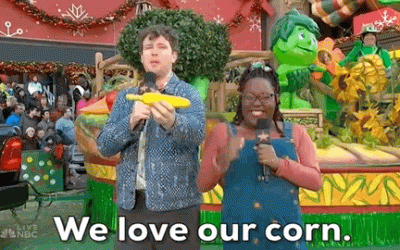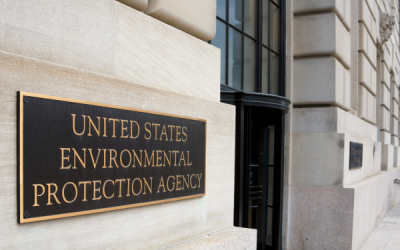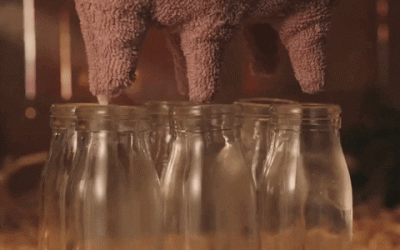We all love a good grass-fed, grass-finished beef cattle carbon emissions story—and JBS Farm Assurance, along with IntegrityAg and the Australian Meat Processor Corporation came in clutch with just the tale.
Once upon a time: There were 176 carbon footprints from farms with regenerative agricultural practices who were surveyed. Fuel, water, electricity, transport, and production figures were all documented as “critical emission contributors,” and cattle hailed from a broad landscape including the Hunter Valley, New South Wales, South-East, South Australia, Gippsland, Victoria, King Island, and even Tasmania.
A baseline was set: 11.6kg CO2e/kg live weight for involved suppliers, which was 12% below the national Australian average of 13.1kg CO2e/kg live weight.
Soundbite: “This project can help inform consumers about the value of on-farm practices to protect and enhance natural resources, while also supporting improved farm productivity. Importantly, this data shows JBS Farm Assurance producer partners are excellent farm managers with their current carbon management practices, as evident in their estimated lower-than-average carbon footprint.” — Sam McConnell, Chief Operation Officer for JBS Southern
The adventure: Rob and Joan Liley have farmed in Gippsland for six and a half decades and have led the herd in the JBS Farm Assurance group. Biodiversity, regenerative farming, and sustainability are their areas of expertise.
“Owning and managing land is a privilege, not a right. In order to leave our properties in better shape than we found them to the next generation, it is our responsibility to take care of them.” — Rob Liley
And they all lived happily ever after: This project was an initial step to understand how grazing and herd management might benefit farmers and the environment alike. JBS Australia’s study shows that grass-fed and finished beef has lower emissions than the nation’s average.
Short Corn Packs a Punch
Dynamite comes in small packages—which can be true with new seed technology. What’s...
Congress to EPA: What’s Your BEEF with Meat Packers?
The Environmental Protection Agency (EPA) is considering new regulations that take aim at meat and poultry processors.
And some members of Congress have a BEEF with the EPA’s proposals.
The proposed rules: In late January, the EPA released the details of its proposed “Clean Water Effluent Limitations Guidelines and Standards for the Meat and Poultry Products Point source category.”
Huh?
Basically, the EPA formally published its proposals to combat wastewater contaminants that come from slaughterhouses.
Okay… that makes more sense.
At the heart of the rules proposal is a concern from environmental groups about nitrogen and phosphorus pollutants that originate from slaughterhouses. In some cases, the wastewater goes directly into waterways. In other cases, the water goes to municipal wastewater treatment facilities.
But not everyone is on board with the EPA’s suggestions…
Congress responds: Last week, two U.S. representatives—Eric Burlison (MO) and Ron Estes (KS)—pushed back against the EPA and introduced the “Banning EPA’s Encroachment of Facilities (BEEF) Act.” If passed and signed by President Biden, the law would prohibit the EPA from finalizing, implementing, or enforcing the rule.
According to the lawmakers, the proposed rules place undue burden on small processors—costs that can be absorbed by larger companies.
Soundbite: “The… proposed regulation isn’t just an attack on family-run small businesses, it’s an attack on rural communities,” said Burlison. “These meat and poultry processors are the lifeblood of our communities. The BEEF Act… lets these hardworking Americans do what they do best, produce safe, affordable food for our families.”
University of Illinois Makes Big Mooves in Milk Production
Pump it up: Scientists led by Matt Wheeler at the University of Illinois Urbana-Champaign are...




